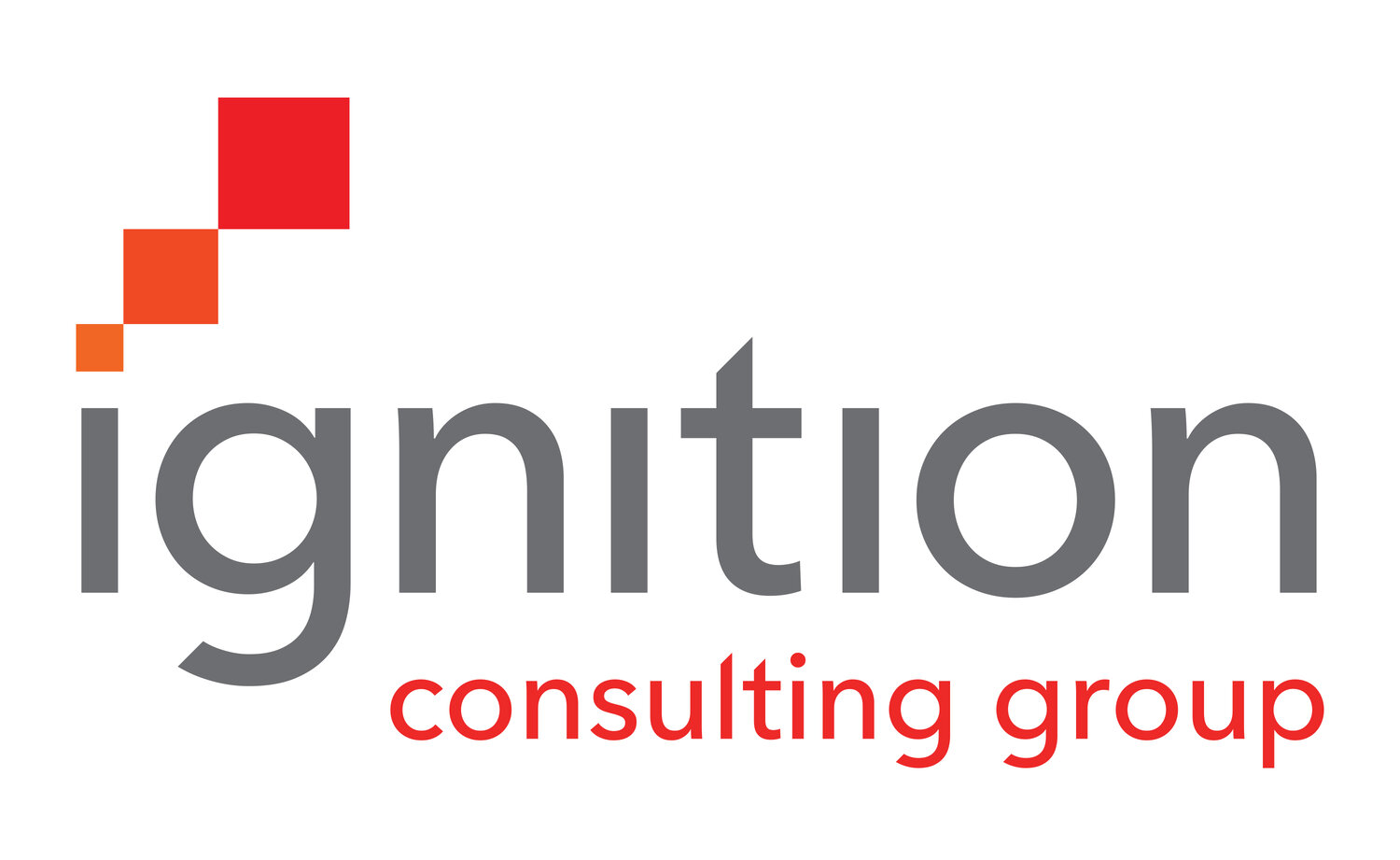One Firm, Indivisible
By Tim Williams
It’s no coincidence that the 50 fastest growing brands in America have one important thing in common: they have committed themselves to an ideal that transcends making money. According to studies by former P&G CMO Jim Stengel, there is a definite cause and effect relationship between strong ideals and strong financial performance.
What’s true for marketers is true for agencies. Those with the strongest ideals – or principles – also produce the strongest work, have the strongest cultures, and enjoy the strongest reputations.
Agency idealism
Among the multinationals, Ogilvy & Mather is famous for its strong culture and principles articulated by founder David Ogilvy more than 50 years ago. Today this agency – named as the most effective in the world this year by the Effies organization – describes the power of idealism this way:
“An ideal … contains an inherent point of view: it is ‘a conception of something in its perfection’; a view of how things should be, of how life should be, of how the world should be. … It’s a belief system that drives everything a brand does and helps it to attract widespread support.”
Strong ideals not only help differentiate one agency from another, but are ultimately the true drivers of agency success.
But don’t confuse principles with the mushy “mission statements” of most firms (which usually include such bromides as “great work,” “great service,” “integrity” and “respect.”) These lists of generic virtues are just table stakes. Instead dig deep inside the agency psyche to articulate what really defines the culture and belief system of the organization.
Uncommon and differentiating
The most effective principles are uncommon and differentiating.
Mullen’s core principles of “Collective entrepreneurialism” and “Innovation through collision” have helped make them into one of the innovative forces in our business today.
Venables Bell & Partners’ “Bill of Rights” has an egalitarian thread that runs though a list of distinguishing beliefs, including, “We believe intelligence should win the day. The most junior person can trump the partners. All they need is a smarter idea. Aside from the obvious benefits of engaged employees and the never-ending stream of ideas, there’s this juicy little one: egos in a culture like this get cut down at the knees.”
Muh-tay-zik Hof-fer’s rules of the road include a mandate to emphasize visual beauty with “Make the world 0000001% more beautiful with everything you do” and “It’s a visual culture. It really is.”
The principles embraced by your firm are the very foundation of its culture. And culture is the most powerful driving force in determining your company’s success. “Culture,” said Peter Drucker, “eats strategy for breakfast.” Booz & Company execs Jon Katzenback, Ilona Steffen, and Caroline Kronley write that “A strategy that is at odds with a company’s culture is doomed. Culture trumps strategy every time.”
But one of the most powerful statements of philosophy I’ve seen over the years is the “Incomplete Manifesto for Growth” from Bruce Mau Design, which include beliefs like:
Avoid software. The problem with software is that everyone has it.
Don’t clean your desk. You might find something in the morning that you can’t see tonight.
Don’t borrow money. By maintaining financial control, we maintain creative control. It’s not exactly rocket science, but it’s surprising how hard it is to maintain this discipline, and how many have failed.
Avoid fields. Jump fences. Disciplinary boundaries and regulatory regimes are attempts to control the wilding of creative life. They are often understandable efforts to order what are manifold, complex, evolutionary processes. Our job is to jump the fences and cross the fields.
Capture accidents. The wrong answer is the right answer in search of a different question. Collect wrong answers as part of the process. Ask different questions.
Don’t enter awards competitions. Just don’t. It’s not good for you.
Elements of Agency Culture
Your principles play a part in both the formal and informal elements of your firm’s culture. Of the following aspects of culture, which would you say is ultimately most influential?
Organizational structure
Reporting relationships
Business processes
Company policies
Company events
Internal storytelling
Peer-to-peer relationships
Workplace environment
Professional development
Recognition and rewards
Principles as formally stated
Principles as lived and modeled by the leaders of the organization
All of these elements are important, but the last is most important of all. And deep down inside, we all know it.
Countries march into battle motivated by firmly-held beliefs. If you model a set of meaningful, differentiating principles, the people in your firm will be willing to do the same.


